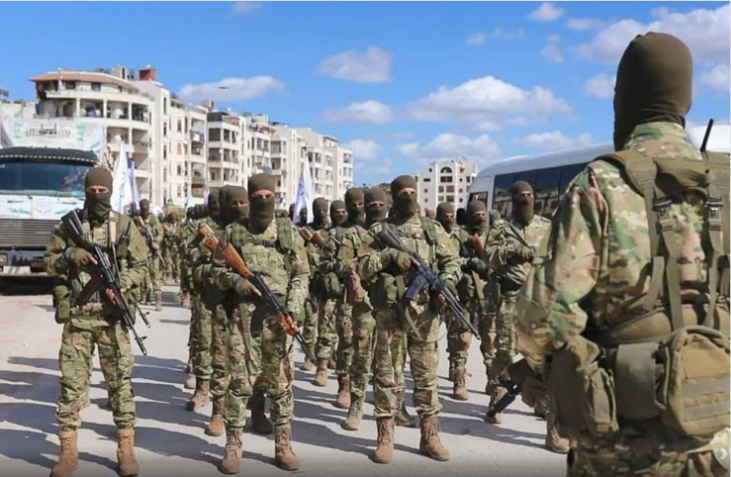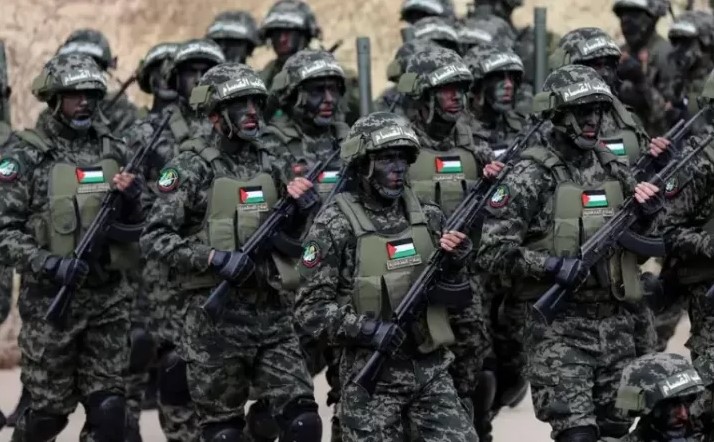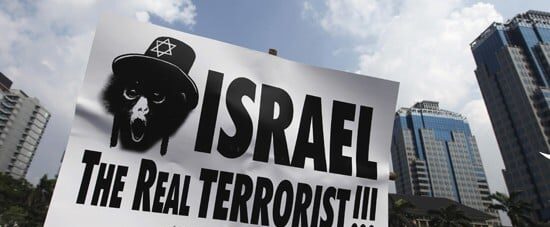
STRATEGIC ASSESSMENT-A UK citizen who fought for Ukrainian forces in Mariupol before surrendering in mid-April has told RT that he regrets his decision to fight for Kiev.
Aiden Aslin said the Western media had played a major role in convincing him to support the Ukrainian cause and eventually made him a “pawn” in a political game.
He was speaking in an interview before a court in Donetsk sentenced him and two other foreigners to death on charges of acting as mercenaries and seeking to seize power by force in the Donetsk People’s Republic (DPR).
Aslin said he had followed the Ukrainian conflict since 2014 and was “originally pro-Russian” and “pro-Donbass.” He supported Crimea’s reunification with Russia and believes the people of Donbass have a right to independence.
“My views started to change after I started seeing media reports and stuff that was basically saying that it was not locals but the Russian soldiers that were doing everything [in Donbass],” Aslin admitted, adding that he was watching CNN as well as BBC and Fox News. Since surrendering to the DPR militia, he has found that he has more in common with the Donbass soldiers than Ukrainians with whom he had fought.
The Briton said he even received threats from fighters of the infamous Azov Battalion, known for its neo-Nazi ideology. Aslin said he believed Azov had changed since being incorporated in the Ukrainian National Guard but eventually saw firsthand that “they have not changed much.”
The UK national had previously fought Islamic State (IS, former ISIS) terrorists in Syria together with the Kurdish YPG militia and has a YPG insignia as a tattoo on his arm. When an Azov fighter saw that tattoo two years ago, he told Aslin he “wanted to cut it off,” the Briton said. “I told him I was a leftist and his attitude changed” completely, Aslin said, adding that the Azov regiment member began to see him “not as a friend but… more like an enemy” after that exchange.
He was also skeptical about the level of training in the Ukrainian Army. “They are not as professional as they would like to be,” he said, calling their artillery training “substandard” to the extent that they can miss military targets and hit civilian infrastructure instead.
“Another factor you have to consider [in case of the Ukrainian] Army is that there is a lot of alcohol involved,” he added.
Looking back, Aslin said he should have avoided the Ukrainian forces and sought a civilian job instead. “I wish I had done things differently and not chosen to be a political pawn in the military system,” he stated, blaming Kiev for its failure to end the conflict.
“They [the Ukrainian government] could have easily ended the war. They had the opportunity but they chose not to, mainly because I think money was involved,” Aslin said. He now feels abandoned by both Kiev and London.
All his attempts to contact the Ukrainian side from captivity have been unsuccessful, said the former combatant.
Ukrainian President Volodymyr Zelensky has not mentioned Aslin’s case “even once” since the Briton surrendered, he said. Meanwhile, UK officials who he and his lawyers have contacted just keep saying he is “of utmost priority” for Ukraine.
“I have to ask the Ukrainian government, ‘If you consider us, as you say, heroes, why do you act as if we do not exist?’” Aslin said.
He urged other foreigners who might consider joining Kiev’s cause not to be “duped into a war that is one you should not be fighting.”(RED).





